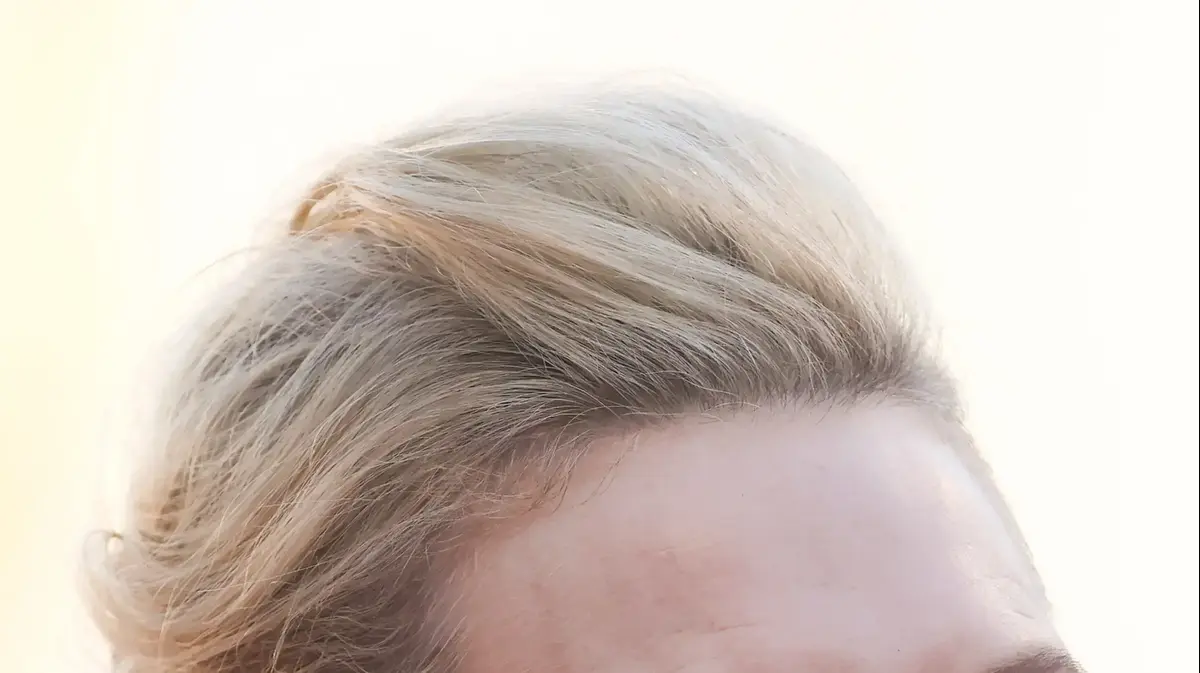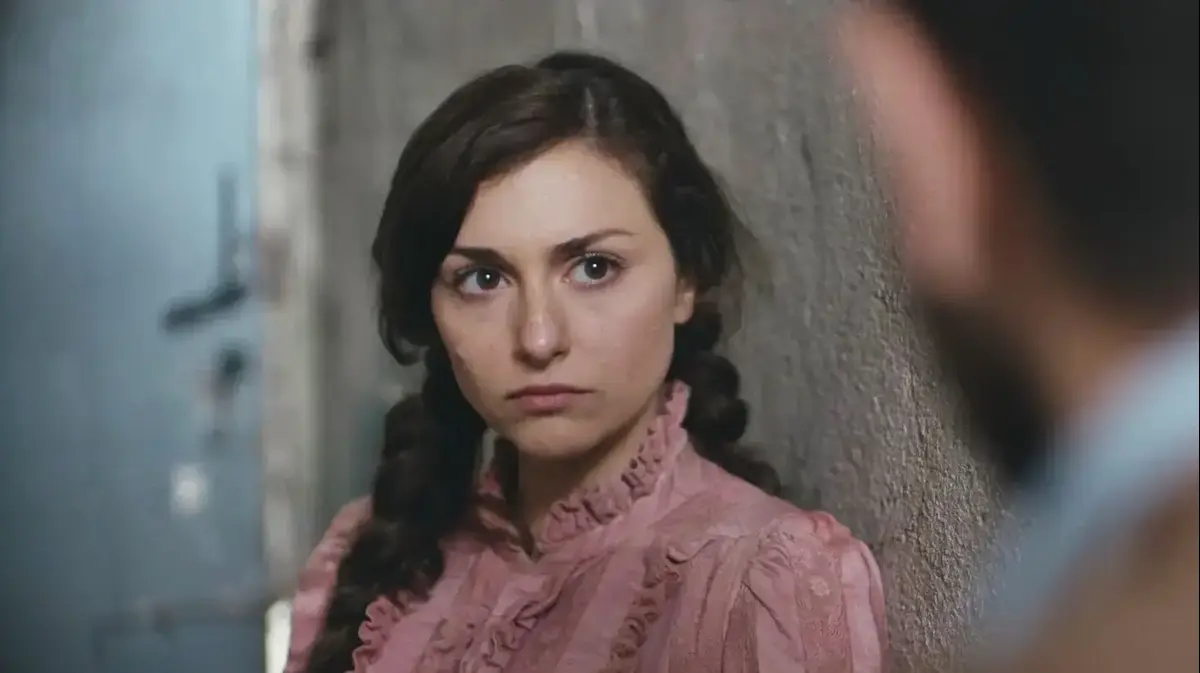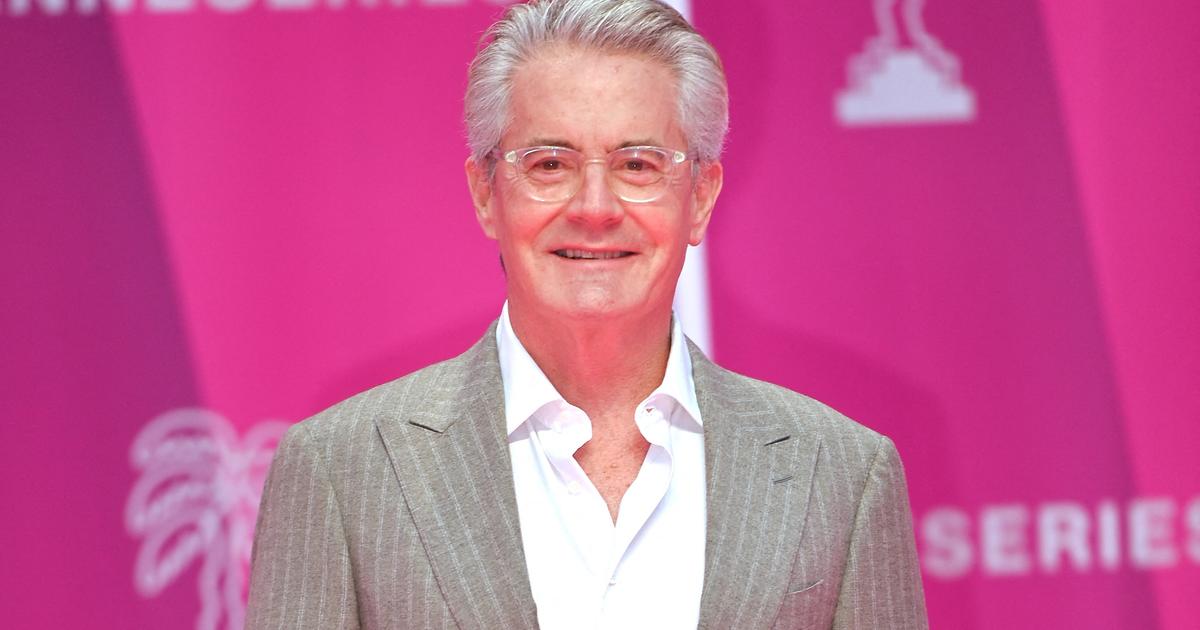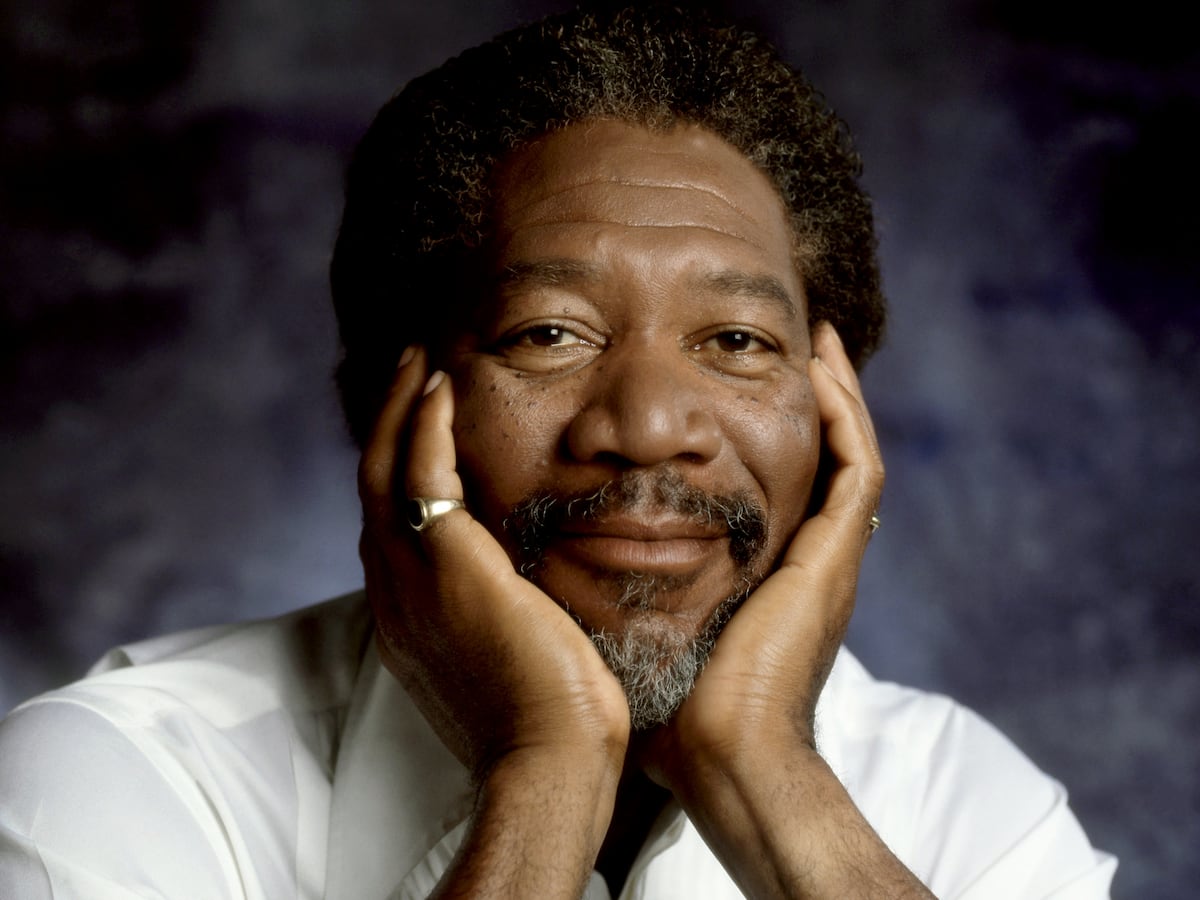Teaser for the movie "Tar" (Tulip Media)
Last week "Tar - The Winner" recorded a landmark: it became one of the only four films in history to win the best film award from each of the four leading critics associations.
The critics associations of London, New York and Los Angeles, as well as the National Society of Film Critics: they all chose it as the biggest gem of 2022. The previous films that recorded this feat are "Schindler's List", "LA Secrets" and "The Social Network" - all modern classics.
In addition to this, "Tar - the winner" is also nominated for six Oscars, including in the main categories - the film, the director (Todd Field) and the leading actress (Cate Blanchett).
Now, at last, it is also appearing here, a few months after it had already appeared at the box office in the United States and failed.
However, this gem has been given a new life on streaming, becoming one of the most talked about films on social media.
The buzz around it is justified: this is an ambitious, unique, daring, complex magnus opus,
Immersive, mesmerizing and superbly made.
Bravo.
The film was originally called simply "Tar" after the name of its protagonist, a woman named Lida Tar, played by Blanchett.
In the Israeli distribution they also added the name "the conductor", befitting her profession - she is the first woman to be appointed conductor of the Berlin Philharmonic Orchestra, breaking a glass ceiling in the male world of classical music.
As we get to know Lydia Tarr, it becomes clear to us that she is a force of nature, and it seems to us that she is unstoppable.
But then suspicions related to the misuse of her power arise against her, and she is required to deal with another force of nature: the culture of cancellation.
Bravo!
From "Tar - The Winner" (Photo: Tulip Media)
Lida Tar, it is important to clarify, is a fictitious character.
But screenwriter-director Todd Field wrote and designed her so convincingly, and Blanchett plays her so impressively, that it's easy to be mistaken for a real woman.
A trend has already started on social networks: to refer to her as a flesh-and-blood celebrity, and not as a figment of the imagination.
So, for example, if the star who plays her is walking around in a certain place, then posts like "Lydia Tarr was spotted on the streets of London today" are posted on Instagram.
"It warms my heart," Blanchet tells me when I ask her about it, during a Zoom interview with several journalists from around Europe ahead of the film's release in Israel.
"From the moment the film comes out, I no longer control the character. People do what they want. I play a woman in menopause, who is involved in classical music - I never dreamed that such a character would be so interesting to the type of people who use apps. This is a completely different demographic."
I also asked Blanchett what the difference is between playing a character that really exists and a fictional character like Lydia Tarr, and if at some point she was also convinced that she was real - and if so, what she thought of her.
In response, the actress breaks into a long monologue.
More in Walla!
"Social norms dictate that I make children, but instead I make films"
To the full article
Will you also win an Oscar?
Cate Blanchett with the actress award at the Venice Film Festival for her performance in "Tar - The Winner" (Photo: GettyImages, Vittorio Zonino Clotto)
"As for the approach, you never know where the inspiration will come from. You have to imagine that the characters exist, but you have to work with the other actors, dance with the cameraman and especially with the director. It was important to understand how Todd is going to look at the character. You can play it in many ways Blanchet says.
"From the beginning, Todd told me that he would like us to be inside her head. It was a fly on the wall approach. It invited a certain acting approach. What was helpful was that I had a lot of time to work on the character, and allow these things to develop. There are productions where you work quickly And there's not even time for rehearsals. This time, because the production was during the corona, I could sit and think - what is Lydia's approach to music? What secrets does she have? What lies did she tell herself? Here I had a rare opportunity to let things cook, and I also received complete trust from the director in an unusual way wall".
"I'm full of doubts. I wouldn't define it as insecurity - doubts. How do I start? Where do I start? Can I do it? And if I believe I can, is it hubris? When the director comes and tells you, 'You can do it, I need you there,' so I say, 'Let's do it.' , but she stands on the podium and fights for what she does. She has determination and courage."
the maestro
From "Tar - The Winner" (Photo: Tulip Media)
Lydia also works as a music teacher, and in all her jobs she is forceful, demanding and critical.
What do you think about this tension, between the pursuit of excellence and the desire to maintain a healthy work environment?
"It's a complicated question. It's relevant to all industries, not just the world of culture. Every time I broke through a barrier, it happened because people told me a hard truth, which was hard to hear. Sometimes a director has to tell you, 'It doesn't work, it's not good enough, you have to try again', and without feeling like it's criticism. You're not told 'you can't play', you're told 'the particular thing you did didn't work well enough'. Criticism is important but you also need to know how to deliver it. When working with a collective, you need to understand when people are capable contain the criticism and when they are unable to hear it."
"Tar - the winner" is a film that is not black and white.
Do you think the audience can handle it today?
"We live in monstrous times, and it leads us to look for someone to blame, to look for the bad guy. It's easier to digest a simple narrative than a narrative that doesn't have simple answers. 'Tar' is not that kind of film, it's a film that provokes discussion and causes discomfort and there's not much room for discussions Such nowadays."
The GOAT.
Cate Blanchett (Photo: GettyImages, Franco Origlia)
Lydia Tarr, it should be noted, is a lesbian, and is in a relationship with a woman, played by the German actress Nina Hoss.
The two raise a girl together, and the winner does not hesitate to show the strength associated with her when another girl bullies her in the school yard.
As part of the iconization of the film on social networks, the character became an icon of the gay community, and when Blanchett was asked about it, she responded with her characteristic enthusiasm "Ya, baby!", she declared.
"I will accept this status with both hands."
Blanchet needs no introduction.
She has already won an Oscar for her performance as Katharine Hepburn in "The Pilot" and for her role in "Blue Jasmine" by Woody Allen, and was nominated for the award several times in the past, for example for "Elizabeth" and "Carol".
She won the actress award at the Venice Film Festival for her performance in "Tar - The Winner" and is also a leading candidate to win the Oscar, and above all - she is simply one of the greatest film actresses today, if not the greatest.
Blanchet is also a regular guest on the covers of leading magazines.
For example, the French Le Monde dedicated a cover story to her last week, and on this occasion she said - "I am 53 years old. This is a stage where I ask myself - am I in the middle of my career or at the end of my career? The polite answer is 'in the middle of my career', but for an actress of this gender Mine and in this industry, the answer is different. The truth is that I'm closer to the end of my career. 'Tar' speaks, among other things, about the time left, and I don't have much time left."
Unlike Blanchett, screenwriter-director Todd Field may still need to be introduced, as his career path is unusual.
He started his career as an actor, and among other things appeared alongside Tom Cruise in "Eyes Wide Shut".
At the beginning of the 2000s, he broke out as a director with the magnum opus "In the Bedroom", and a few years later he wrote and directed "Little Children", which was also highly regarded.
A team that succeeded.
Cate Blanchett and screenwriter-director Todd Field (Photo: GettyImages, Andreas Renz)
It seemed that he was on the safe way to become one of the busiest and most respected directors in Hollywood, but then Field simply disappeared for about two decades, returning only this year with "Tar - The Winner", which turned out to be one of the most impressive comebacks of our generation.
Field is not Jewish, but "Tar - The Winner" turns out to be a film with countless Jewish motifs and references.
Already at the beginning, the heroine talks about two concepts in Hebrew, "intention" and "answer", which she learned from the work of her idol, Leonard Bernstein.
The spirit of another Jewish composer, Gustav Mahler, later hovers over the film, which also contains references to the Israeli Philharmonic Orchestra and Israeli cinema.
In addition, the Holocaust also stars in the script.
"Lydia is obsessive about Leonard Bernstein, so the Jewish thing started from there," says Field.
"You can't talk about the history of classical music without talking about Jewish composers. You can't talk about classical music without talking about Mahler, so of course he will be present in the film. The Nazis erased from history many great Jewish composers, including some who are only now being discovered. This is a topic I read There's a lot about him and for me it was natural to have him in the film."
Usually, when we see movies about people abusing their power - these are straight men.
Here, it is a lesbian woman.
Why did you choose this character?
"I think the audience is already a bit numb to stories about such men. Straight men have always been the ones who have held the centers of power - a woman has never been appointed permanently to one of the largest orchestras in Germany, nor to one of the five largest orchestras in America. We all already know how to feel. To masculine men who have abused their power, but what about lesbian women? They have never controlled the centers of power. There were many questions I wanted to ask - why do people behave like this? Why do we even feel the need to control people? And how is it that we as a society cooperate with toxic behaviors, Do we look away and allow this distortion to continue? It was important for me to find a new and different lens to examine these issues."
This is not Twitter.
From "Tar" (Photo: Tulip Media)
Being a straight man, did you hesitate to make out for a lesbian woman?
"No. I tell stories. I can tell a story about a man, a woman and a donkey. I'm in the pretend business."
There is no black and white in the film, it does not have an unequivocal message and it does not have a clear ending.
This is not a recipe for success at the box office.
"People are angry with me because of this film, including people who write about cinema for a living. They are angry with me because I don't wave the flag and say 'this is how I feel.' The cinema that interests me.
"Nowadays, we are bombarded with information from all sides, and it is difficult not to form a firm opinion about people we have not met and will never meet.
Everything is black and white.
There is no time to digest and no time to process.
The film is a different kind of experience - I invite you to spend two and a half hours with this character and ask questions.
This is not Twitter."
There is so much in the movie, but if you had to sum it up in one question, what would that question be?
"I'll let my partner do that. She told me that my films as a whole, and this film too of course, deal with one question - how we judge things. Who is guilty? Who is innocent? And is it possible to be both at the same time? Probably yes. Sometimes we An angel and sometimes we are a devil."
culture
Theater
Cinema news
Tags
Cate Blanchett
Oscar















